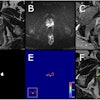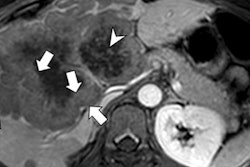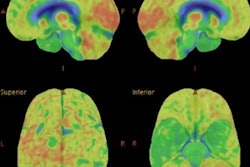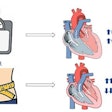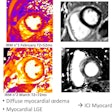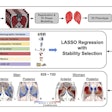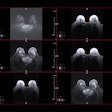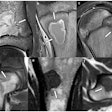Dear MRI Insider,
Neuroendocrine tumors (NETs) can develop in many different organs of the body, so it's important for general radiologists to be aware of them, especially because these tumors can have a major impact on the cells that release hormones into the bloodstream.
A new study published last week in European Radiology has found that MRI can be particularly helpful for differentiating gallbladder NETs from adenocarcinomas and for evaluating their prognostic values. In our news report, the authors have shared their experiences and some impressive clinical images.
MRI with arterial spin labeling is developing a role in dementia diagnosis, but how does its performance compare with that of FDG-PET? A research group from University Hospitals Leuven in Belgium has addressed this question, and the team's findings are worth checking out.
The finalists for the 2020 EuroMinnies were unveiled at the end of January, and for the second year running, breast MRI pioneer Prof. Christiane Kuhl, PhD, has made the cut for the Most Influential Radiology Researcher category. Dr. Luísa Costa Andrade, who specializes in abdominal and digestive MRI, is a finalist in the Radiology Rising Star category.
Since late October, many of you have avidly followed our coverage of the serious MRI accident in Swedish Lapland. It now looks like the specialist nurse injured in the incident will be sued because the prosecutor reportedly believes the nurse caused danger to other people. Keep logging on for further updates.
We also have a report about a German study that describes how an artificial neural network can provide automated quantitative assessment of multiple sclerosis burden on MRI exams. In clinical tests, the model yielded consistent and accurate performance for assessing volumetric lesion load.
This letter features only a few of the many articles posted over recent weeks in the MRI Community. Please scroll through the full list of our coverage below and feel free to contact me if you have any ideas for coverage.



